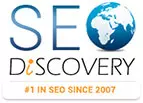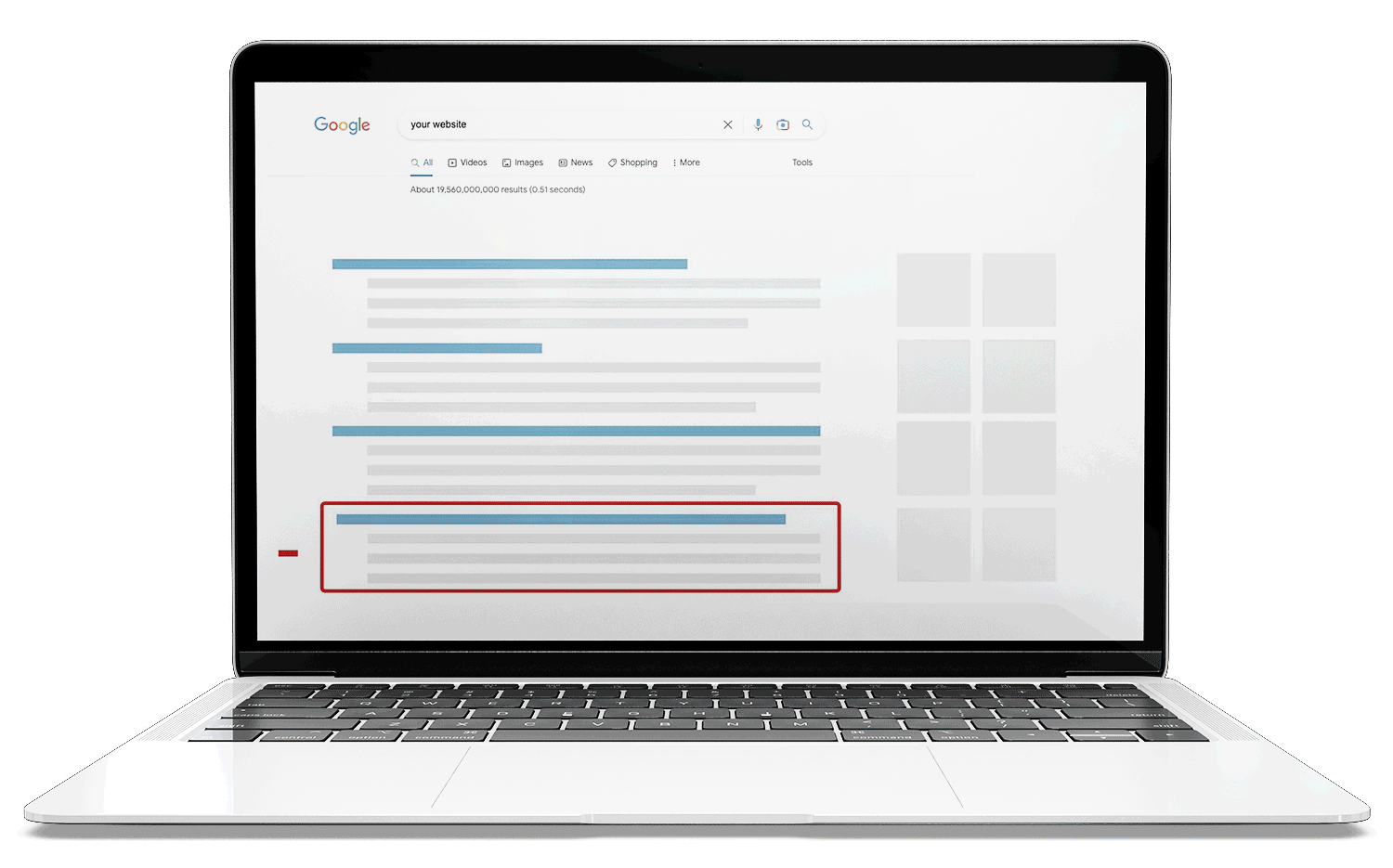SEO, broadly termed as Search Engine Optimization, is a method of optimizing a website to enhance its visibility and ranking on search results. SEO is crucial for hospitality and tourism businesses as it enhances online presence, making it easier for potential customers to find their services when searching for accommodation, travel destinations, or related experiences. These businesses can attract more organic traffic by optimizing website content, using relevant keywords, improving site speed, and ensuring mobile-friendliness. Higher visibility on search engines not only increases website traffic but also boosts credibility and trust among potential guests and tourists. Hence, a strong SEO strategy can significantly impact a business's online success, driving more bookings and revenue.
Frequently Asked Questions
Choosing the right keywords for your hospitality or tourism website involves thorough research and understanding your target audience. You can use various keyword research tools, such as SEMrush, Ahrefs, Google Keyword Planner, or Ubersuggest, to identify high-volume and low-competition keywords. Implement long-tail keywords specific to your niche, as they often attract more qualified traffic. Consider location-based keywords if your business operates in a particular region. Analyze competitors' websites to identify keywords they are ranking for and assess their effectiveness. Additionally, consider user intent—what queries potential customers might use to find businesses like yours. Regularly update your keywords based on changing trends and customer behavior, ensuring your website remains optimized for search engines.
Mobile optimization is critically important for hospitality and tourism websites. With most users accessing the internet via smartphones and tablets, ensuring a seamless and user-friendly mobile experience is essential. A mobile-optimized website not only improves user satisfaction by providing easy navigation and faster loading times on smaller screens but also significantly impacts search engine rankings positively. Google prioritizes mobile-friendly websites in their rankings, meaning that non-optimized sites may lose out on potential visitors.
For the hospitality and tourism industry, where travelers often research and book accommodations with a single click, a mobile-responsive design is crucial for attracting and retaining customers. It enhances accessibility, boosts user engagement, and leads to higher conversion rates.
Although social media signals don't impact the search ranking directly, a strong social media presence can indirectly impact SEO. Social media can increase brand visibility, drive traffic to your website, and let you acquire backlinks from other websites, all of which contribute to improved SEO performance.
The time taken to see results from SEO efforts in the hospitality and tourism industry can change based on several factors, such as the competitiveness of keywords, the quality of the website's content, the effectiveness of the SEO strategy, and the industry trends. Generally, businesses may start noticing some improvements, such as increased website traffic and keyword rankings, within a few weeks of implementing SEO strategies. However, significant and sustainable results often require more time, ranging from three to six months or more, depending on the agency's experience in implementing the key strategies.
Optimizing your hotel or tourism website for local SEO is crucial for attracting nearby customers. Make a Google My Business listing and ensure updating with accurate business name, address, phone number, and business hours. Use location-specific keywords within your website content, meta descriptions, and title tags. Include customer reviews and testimonials, as they play a significant role in local SEO rankings. Updating NAP (Name, Address, Phone number) information across your website and other online platforms is essential. Lastly, collaborate with local influencers or other businesses in your area to promote your business.
Earning backlinks for your hotel or tourism website is vital for SEO as it enhances your website's credibility and authority in search engines. To acquire backlinks, focus on creating high-quality, valuable, and shareable content that other websites find interesting and put your site's link on their platform. This could include informative blog posts, travel guides, or unique resources related to your niche. Collaborate with influencers, travel bloggers, and local businesses for mutually beneficial partnerships, encouraging them to link back to your site. Creating infographics or conducting surveys can also attract backlinks from authoritative sources. Backlinks indicate that your content is trustworthy and valuable, improving your search engine rankings and driving organic traffic.
Voice search optimization is becoming increasingly important with the rise of voice-activated devices. While it's not a primary concern, optimizing for natural language queries and long-tail keywords can benefit your website in terms of SEO. Focus on providing concise, informative answers to common voice search questions.
Featured snippets are brief answers displayed at the top of search results. To optimize for them, provide clear and detailed answers to common questions related to your business. Structured data markup and using lists, tables, and bullet points can increase the chances of your content being featured.
Online reputation management and SEO are closely related to whatever industry it comes to. Positive online reviews and a strong reputation influence potential customers' decisions. Search engines consider these factors when ranking websites. Good reviews improve click-through rates, increase user engagement, and enhance SEO performance. Conversely, negative reviews can harm rankings and prevent potential visitors. Addressing customer feedback promptly, encouraging positive reviews, and engaging with customers online not only improves your reputation but also boosts your website's SEO by building trust, credibility, and authenticity, leading to better rankings and increased organic traffic for your hospitality and tourism business.

















